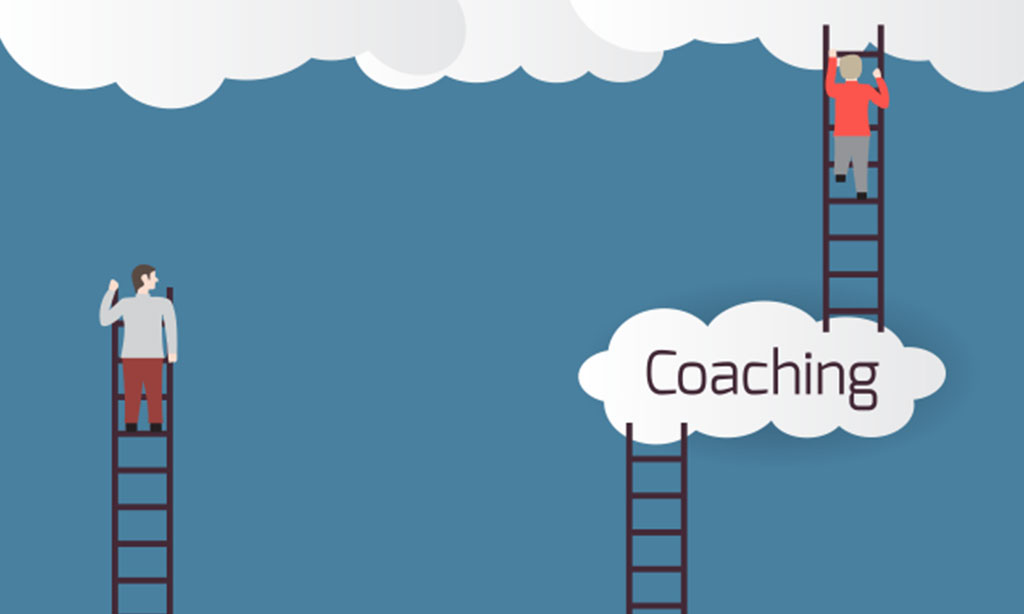As a fitness professional, you probably got into the industry because you love health and fitness and also love helping people change their lives. If you took the fitness instructor specialist route, you know how awesome an experience that is; delivering typically high-energy fitness to dozens of people at a time. If you took the personal training specialist route, you know the feeling of working with someone one on one, helping them achieve what they might have struggled to achieve on their own. As a personal training specialist, you also know that what you do goes beyond the body and affects the individual at a profound mental and emotional level, and you’ve probably witnessed clients making big changes in their lives aside from their physical health and performance.
If you’ve enjoyed watching your clients blossom into better versions of themselves, and I am sure you have, then you should consider integrating life coaching into your personal training practice. If you aren’t familiar with life coaching, the concept is quite simple insofar as it is a close parallel to the personal training process. Coaches help people move from where they are, to where they want to be, in any aspect of their lives. This often includes fitness and health, but it also can include goals as diverse as relationships, career, finances, community contribution, self-confidence, and as many other areas as you can imagine.
The life coaching model, presumes that the client already knows much, if not all, of the answers to their biggest challenges, but for some reason has been blocked in getting to them, or simply needs someone to hold them accountable for the work that needs to happen to get there. Sound familiar? It should, since it is the same model as personal training. People know they should exercise, and even know a lot about what they should do, but often don’t because they need to get more clear as to the outcome and who they are accountable to along the way.
Life coaches, as well as business coaches, family coaches, and so on, collaborate with the client to identify exactly what they want and what steps to take to get there, and then serve to be the “enforcer” and “cheerleader” to help keep the client on track. The approach used by all coaches is to ask empowering questions that are almost always phrased to presume the client knows some or all of the answers to the challenge they are facing.
Many personal trainers have found that integrating life coaching into their practice has deepened the commitment of their clients and increased the results they attain. Some simply add the empowering questions into their sessions, some offer stand-alone coaching sessions, and others become coaches and leave the personal training to someone else. Any way you look at it, you’ll get more out of it because your clients will get more out of it.
Learn more about becoming a Certified Coach Practitioner.
Written By:
Rod Macdonald, VP of canfitpro


